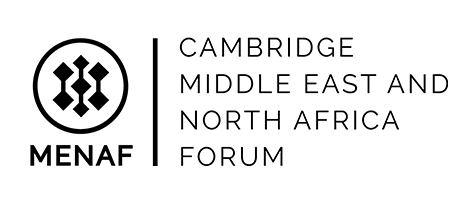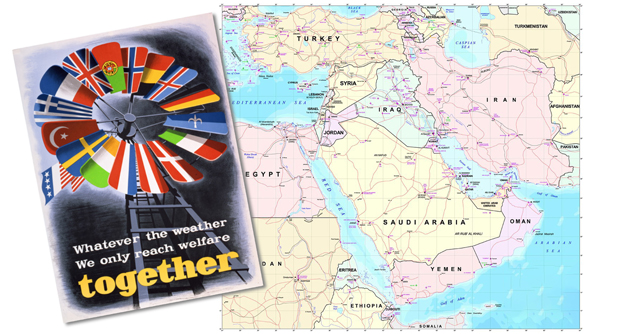
Considering the historical example of the Marshall Plan, this Middle East North Africa Forum at Cambride project onsiders the possible contours of a multilateral effort by the European Union, the United Kingdom, the United States and the Gulf Cooperation Council to reconstruct and stabilize the countries of the Arabian Peninsula, with particular support to Yemen, Syria and Iraq in a way that is both economically sustainable and conducive to the region’s long-term stability. The historical insight of the Marshall Plan is replete with analogues for the modern Middle East: the Marshall Plan rebuilt war-torn regions, reduced trade barriers and eased the freedom of movement between European states, and in doing so improved prosperity and combatted the spread of an antagonistic ideology that fomented social unrest.
Most important among the project’s recommendations and evaluations are:
- Considering mechanisms (relief-to- development) to restore legitimacy in war-torn areas — namely, transparency in the amount and distribution of aid funds;
- How to effectively arrange local needs assessments with the participation of local communities to ensure substantive buy-in and maximum impact;
- How to move towards the creation of a joint Middle East Development Fund;
- How to go about raising the estimated sum of $1 trillion for reconstruction funding in the Middle East (Yemen and Syria);
- The potential contours of a multilateral framework, and;
- How to avoid the pitfalls of working through extant international financial institutions, namely in avoiding inefficiency.
Not only is the project specifically directed at the sort of policy makers and practitioners, but it surveys a possible multilateral approach to stabilizing unrest in a region of substantial economic and strategic importance to the European Union, Russia, China and India, and other G20 countries.


